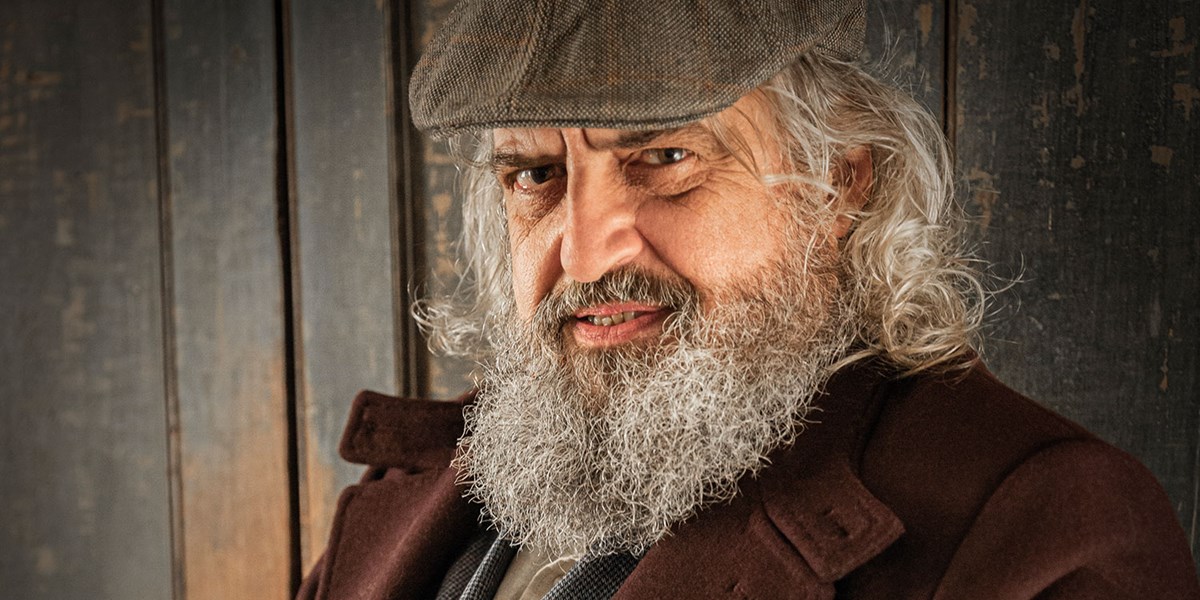Thursday, May 15, 2025
Yves Lambert: the Québécois maverick embracing his golden age
Yves Lambert is celebrating half a century of making music by continuing to push the boundaries of Québécois folk. “I’m more and more experimental”, he confides

Yves Lambert (photo: Jean-Charles Labarre)

Register now to continue reading

Thanks for visiting the Songlines website, your guide to an extraordinary world of music and culture. Sign up for a free account now to enjoy:
- Free access to 2 subscriber-only articles and album reviews every month
- Unlimited access to our news and awards pages
- Our regular email newsletters

